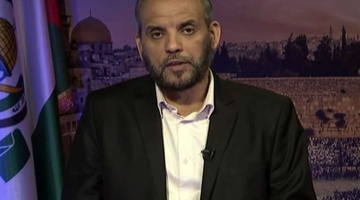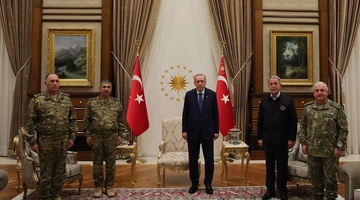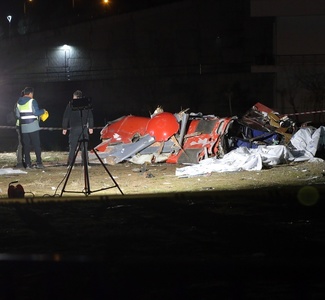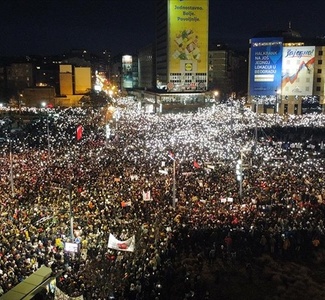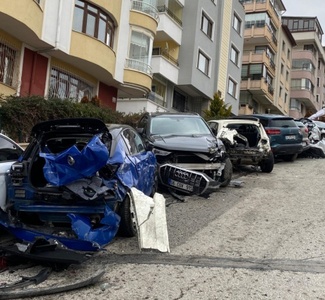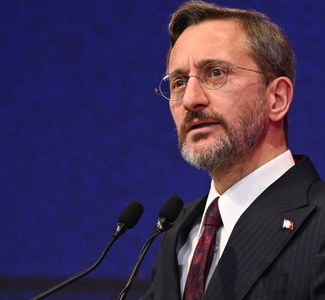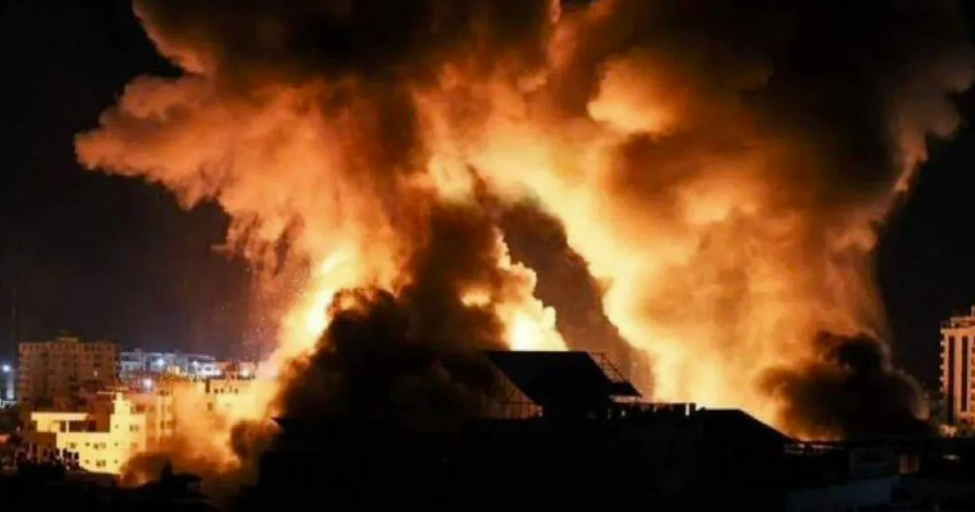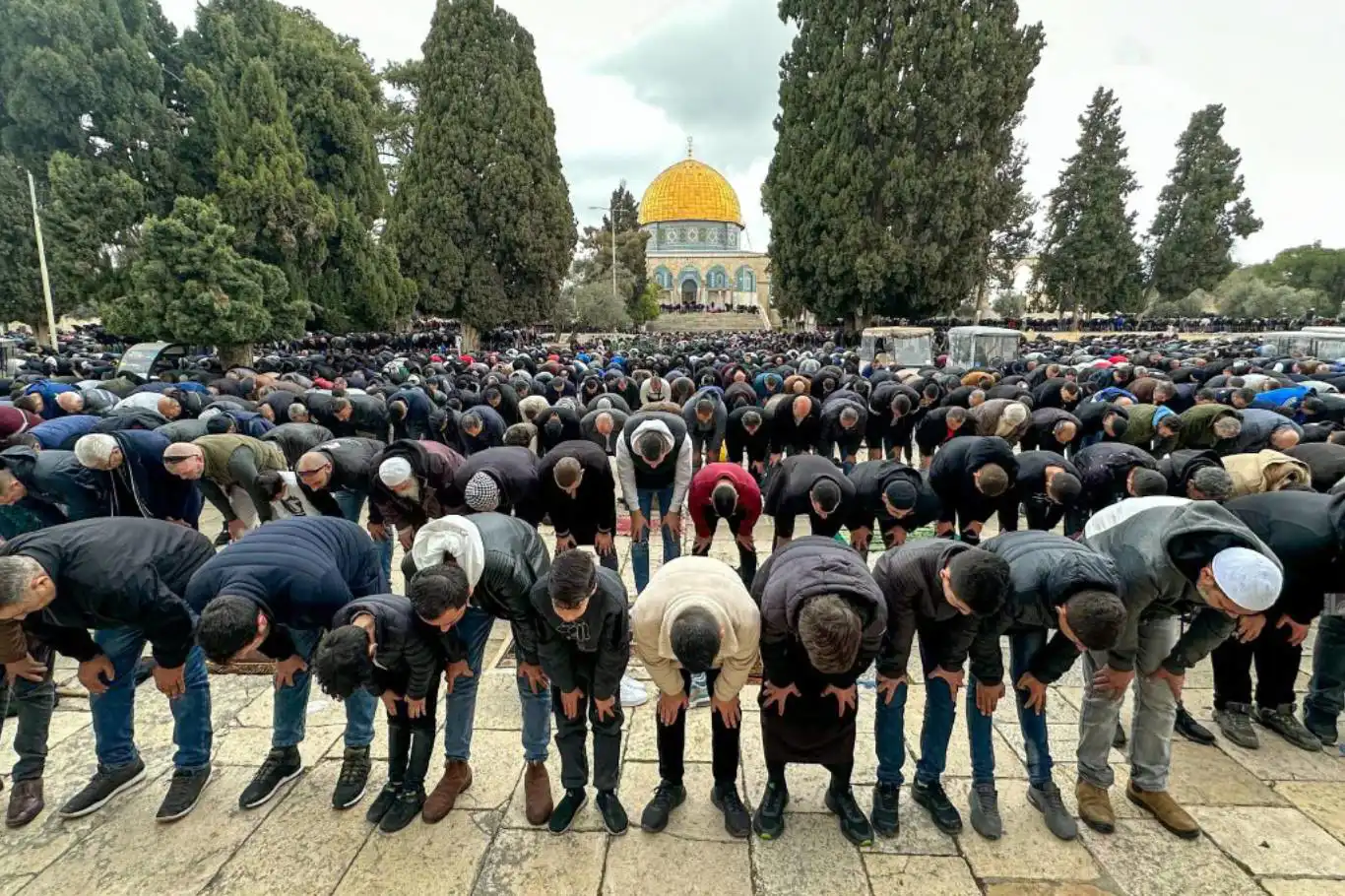WHO: Only 2% of Covid-19 vaccines have been administered in Africa
More than 5.7 billion COVID-19 vaccine doses have been administered globally, but only 2% of them in Africa, said World Health Organization (WHO) chief, Tedros Adhanom Ghebreyesus on Tuesday.
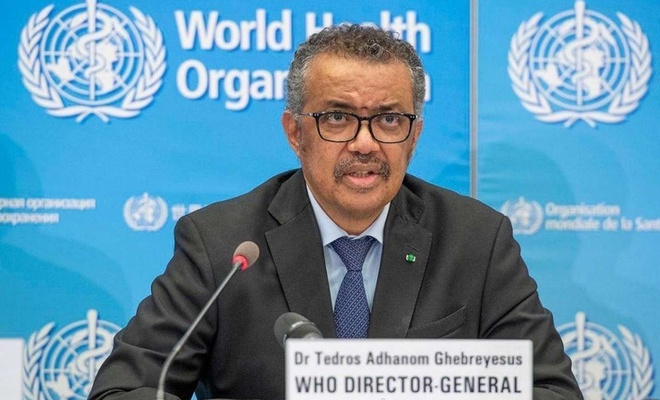
 Google News'te Doğruhaber'e abone olun.
Google News'te Doğruhaber'e abone olun. The UN agency is urging every country to vaccinate at least 40% of its population by the end of this year and hopes to help ensure that 70% of the world’s population is by the middle of next year.
At a press conference on COVID-19 and vaccine equity in Africa, which is home to more than 1.2 billion people, Mr. Ghebreyesus informed that, so far, just two countries in Africa have reached the 40% target, the lowest of any region.
“That’s not because African countries don’t have the capacity or experience to roll out COVID-19 vaccines. It’s because they've been left behind by the rest of the world," he said.
Ghebreyesus explained that “this leaves people at high risk of disease and death, exposed to a deadly virus against which many other people around the world enjoy protection."
Risks and solutions
For him, the longer vaccine inequity persists, the more the virus will keep circulating and changing, the longer the social and economic disruption will continue, and the higher the chances that more variants will emerge that render vaccines less effective.
To avoid this situation, last year WHO partnered with UNICEF, CEPI, GAVI and others to create COVAX. So far, the initiative has shipped more than 260 million doses to 141 countries.
Ghebreyesus pointed to several challenges, with manufacturers prioritizing bilateral deals and many high-income countries tying up the global supply of shots.
He also highlighted a similar initiative, established by the African Union, the COVID-19 Vaccine Acquisition Task Team, known as AVAT.
This Monday and Tuesday, WHO representatives met with the leaders of AVAT “to agree on a way forward”, Ghebreyesus said: “Vaccine inequity is a solvable problem."
Call to countries and manufacturers
He called on manufacturers to prioritize COVAX and AVAT. To countries with high coverage levels, he asked them to swap their near-term vaccines deliveries, fulfill their dose-sharing pledges immediately, and facilitate the sharing of technology.
The WHO chief also called on all countries and manufacturers to share information on bilateral deals, supply, and delivery projections and to recognize all vaccines with a WHO Emergency Use Listing.
The African Union’s Special Envoy for COVID-19, Strive Masiyiwa, also participated in the briefing, alongside the director of the Africa Centres for Disease Control and Prevention, John Nkengasong, the Under-Secretary-General and Executive Secretary of the Economic Commission for Africa, Vera Songwe, and WHO Regional Director for Africa, Matshidiso Moeti, among others. (ILKHA)




























